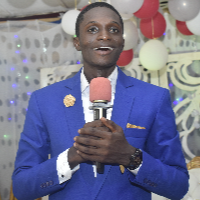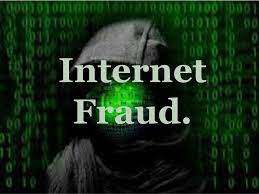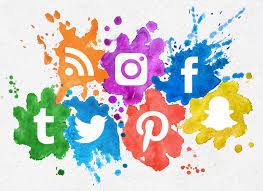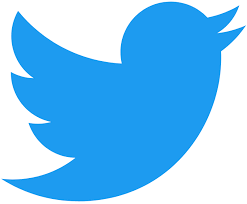
Social media can play a huge role in sensitizing voters in preparation for elections in Nigeria. Social media is now considered a huge tool for winning voters. This played out a great deal in the United States, for example, where both Republicans and Democrats battle for online popularity.
The COVID-19 pandemic kept a lot of people indoors and prevented them from being able to attend political rallies or listen to talks. So, they had to depend on the internet for updated news. Some also get their information from media houses.
However, the news they get from the internet is faster and can, therefore, get them informed earlier than when stitch news will be reported by the news media, including the TV and radio stations.
The use of the internet for political awareness and sensitization is not limited to the United States; it is being used by politicians across the world today and Nigeria is not even left out.
Many politicians in Nigeria are currently using the internet to mobilize people and encourage them to actively participate in electoral processes.
Key political process stakeholders
The Nigeria political process has four key players, which are:
- The Independent National Electoral Commission (INEC)
- The politicians/The political parties
- The electorates
- The Civil Society Organizations
Each of these groups of people depends a great deal on the internet for telling the world about where they stand and to also sensitize potential voters on how to vote, as well as, the important things the voters need to bear in mind when visiting the polling booths. There is evidence that social media can be central to electoral processes in Nigeria.
You can come across series of political news on social media and you can also find so many people online discussing politics. So, hinting at these individuals about their civic responsibilities as voters can be perfectly done via social media.
Referring to the United States again, studies show that 23% of potential voters were convinced via the internet, while up to 10% of those who attend political rallies did so because they got the information about the political rallies via the internet.
Why the social media is important
Whatsapp remained the most popular of all the social media platforms available to Nigerians in Nigeria. Up to 93% of internet users in Nigeria visit Whatsapp and they are aged between 16 and 64 years old.
The second spot is occupied by Facebook at 86% and YouTube at 82% came third. 73.1% of internet users use Instagram, while Twitter came 5th with a share of 61.2%. Telegram, on the other hand, has a 56.3% share of internet users in Nigeria.
Up to 28 million people use social media platforms in Nigeria. 28 million internet users are a good number of potential voters. This means that messages shared among Whatsapp users can reach a minimum of 20 million users.
This is a good number of potential voters. So, any of the stakeholders in the Nigerian political process able to get the attention of such a huge number of internet users can successfully pass its information across to a very wide audience if it is done via the internet.
The above indicates that social media platforms have a huge role to play in voters’ education in Nigeria. a political party can easily sell its candidate to potential voters via social media.
A persistent effort in this regard means that about 20 million potential voters can get the information you want them to be aware of. While politicians and political parties sell their candidates via social media, the INEC can also pass across very important election-related information via social media to sensitize potential voters on how to go about voting for their preferred candidates and about the importance of collecting voter’s cards.
In the same vein, the electorates can use the internet to lodge complaints to the right authorities or make known important observations that can help the INEC or other concerned authorities to make the right election-related decisions or communicate better with the electorates.
Civil Society Organizations can equally benefit a great deal from the internet in that they can use it as a vehicle to sensitize voters on the things they need to do or things they must not do before, during, and after the electioneering process.
The above indicates that virtually everybody can benefit a great deal from the internet as far as electioneering is concerned. Be that as it may, it must be noted that not all potential voters have internet access
Increased participation by electorates
Social media makes it a lot more possible for the government to get the electorates more involved in its decision-making processes. It can also be used by civil society groups to get the people adequately engaged in issues concerning the country.
The role of social media in voter education does not stop after the elections; it goes beyond that. For example, people can use social media as a tool to get across to their elected officers.
This can help the electorates to keep their elected representatives on their toes so that the latter can fulfill their electoral promises.
If the social media is used by the electorate as it is supposed to be used, then the elected representatives will have no choice but to dance to the tune of the electorates, bearing in mind that the electorates will determine their future when the next election year comes around.
Power to the youth
Bear in mind that the majority of those with a serious social media presence is the youth. This makes them very important participants in the electioneering processes.
The youth also represents the most active sets of people in Nigeria today and their number is huge.
As a result, they can wield very serious political power over the electioneering process in Nigeria. This means that any politician or political party that wants to gain upper hands at the elections must dance to the tune of the youth and it can best be done by engaging them via social media.
Stakeholders like politicians, political parties, and civil society groups can do a better job by engaging the electorates via multiple platforms.























